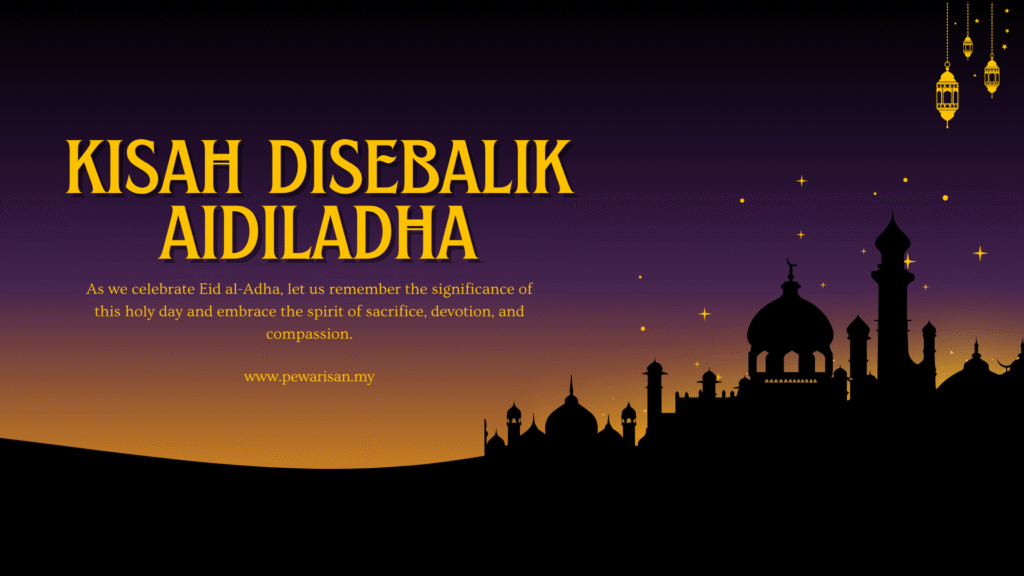5 Importance of Wills and Hibah: Differences, Benefits & How to Prepare
Introduction
Planning for the future is essential, especially when it comes to managing your assets and ensuring your loved ones are taken care of after your passing. In Islamic estate planning, wills (wasiyyah) and hibah (gifts) play a crucial role in wealth distribution. Understanding the differences, benefits, and preparation steps can help you make informed decisions to secure your family’s future.
What is a Will (Wasiyyah)?
A will (wasiyyah) is a legal document that outlines how your assets should be distributed after your death. It allows you to allocate up to one-third of your estate to non-heirs, such as charitable organizations or distant relatives. The remaining two-thirds are distributed according to Islamic inheritance law (faraid).
Key Features of a Will:
- Can only be executed after the person’s passing.
- Limited to one-third of the total estate for non-heirs.
- Requires at least two witnesses for validity.
- Ensures specific wishes are carried out within Shariah guidelines.
What is Hibah?
Hibah is a voluntary transfer of assets during a person’s lifetime without expecting anything in return. It is a form of gift-giving in Islam that allows the donor to distribute wealth without legal restrictions imposed by faraid laws.
Key Features of Hibah:
- Takes effect immediately upon transfer.
- Can be given to anyone, including heirs and non-heirs.
- Not subject to faraid after the donor’s death.
- Provides full control to the recipient without future disputes.
Differences Between Wills and Hibah
| Feature | Will (Wasiyyah) | Hibah (Gift) |
|---|---|---|
| Timing | After death | During lifetime |
| Legal Limitation | Up to 1/3 of estate for non-heirs | No limit, can be given to anyone |
| Subject to Faraid | Yes | No |
| Requires Witnesses | Yes (at least two) | Yes (usually) |
| Revocability | Can be changed before death | Can be revoked unless stated otherwise |
Benefits of Having a Will and Hibah
1. Ensuring a Smooth Wealth Transfer
A will ensures that your estate is distributed according to your wishes, while hibah allows you to transfer assets efficiently during your lifetime.
2. Minimizing Family Disputes
Estate disputes are common when proper planning is not in place. With a valid will or hibah, you can prevent conflicts among family members.
3. Protecting Vulnerable Family Members
A will allows you to provide for dependents, such as disabled family members, in a structured manner.
4. Avoiding Probate Delays
A properly written will expedites the legal process of asset distribution, while hibah bypasses probate altogether, ensuring immediate transfer.
5. Ensuring Charitable Contributions
A will allows you to allocate a portion of your assets to charitable causes, leaving a lasting impact beyond your lifetime.
How to Prepare a Will or Hibah
1. Identify Your Assets and Liabilities
Make a detailed list of all your properties, investments, savings, and debts.
2. Determine Beneficiaries
Decide how your assets should be distributed among family members, charities, or other individuals.
3. Seek Legal and Islamic Guidance
Consult an Islamic estate planning expert or lawyer to ensure your will and hibah comply with Shariah laws.
4. Draft the Documents
Ensure your will and hibah documents include:
- Full name and details of the giver and recipients.
- Asset descriptions and specific distribution plans.
- Witness signatures to validate the documents.
5. Keep the Documents Safe
Store the original documents in a secure place, and inform your family or legal advisor of their location.
Conclusion
Proper estate planning through wills and hibah ensures that your wealth is distributed fairly, minimizes legal complications, and secures your family’s future. By understanding the differences, benefits, and preparation steps, you can make informed decisions to protect your loved ones and leave a meaningful legacy.
Start planning today to achieve peace of mind and financial security for your family!



























